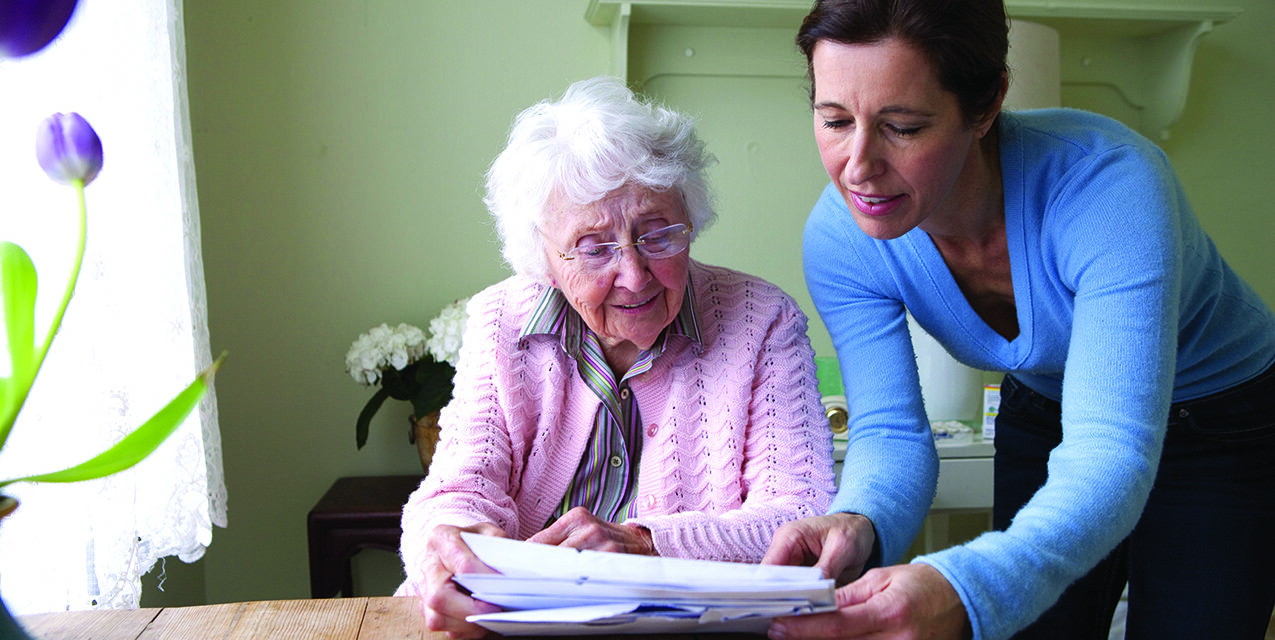Dementia affects people’s daily lives in myriad ways. According to the World Health Organization (WHO), dementia is a syndrome marked by deterioration in memory, thinking, and behavior, affecting an individual’s ability to perform everyday activities, potentially robbing them of their independence. There are many different forms of dementia, with Alzheimer’s Disease being the most common, potentially contributing to as many as 70% of dementia cases. But people diagnosed with dementia do not necessarily have Alzheimer’s.
According to the WHO, approximately 50 million people around the globe have dementia, and nearly 10 million new cases are diagnosed each year. There are 410,000 people aged 65 and older living with Alzheimer’s in New York state, where 9.6% of people aged 45 and older have subjective cognitive decline, and 563,000 family caregivers bear the burden of its effects.
“Though the hallmarks of dementia, such as memory loss, might be the same, dementia affects each person differently,” says Wendy Anzalone, Executive Director of Juniper Glen Alzheimer’s Special Care Center (Juniper Glen). This is due to certain factors, including a patient’s personality prior to becoming ill. “Though people experience dementia differently, the signs and symptoms of the disease are typically categorized as being in one of three stages; early stage, middle stage, and late stage,” says Anzalone.
Early stage. Signs and symptoms that mark the early stage of dementia are often chalked up as side effects of aging. But dementia is not a normal part of aging, so its signs and symptoms, even if they are not yet severe or significant, should not be written off as a byproduct of growing old. Common symptoms in the early stage of dementia include forgetfulness, losing track of the time, and becoming lost in familiar places.
Middle stage. Life becomes more difficult during the middle stage of dementia, when signs and symptoms become more apparent. The forgetfulness present in the early stage now becomes forgetfulness of recent events and people’s names. People in the middle stage also may become lost in their own homes, and experience a growing difficulty with communication. People in this stage may need help caring for themselves, and some experience behavioral changes such as wandering and repeated questioning.
Late stage. Memory disturbances are significant in the late stage of dementia when people are almost entirely dependent on others. People may have difficulty recognizing relatives and friends, and be unaware of the time and place. Many people in this stage need assistance with self-care, and they may have difficulty walking. Behavioral changes may escalate, and some people in this stage become aggressive, even toward their loved ones.
Dementia affects tens of millions of people around the world. Though there currently is no cure for dementia, the WHO emphasizes the importance of early diagnosis, which starts with learning the stages of dementia and the hallmarks of each stage.
Visit https://www.sunshineretirementliving.com/juniper-glen-assisted-living-east-amherst or call 716-466-9455 to learn about Juniper Glen’s Alzheimer’s and memory care assisted living and holistic memory care program, daily menu that fosters brain health, sensory stimulation therapy, extensive calendar of events, and more.












